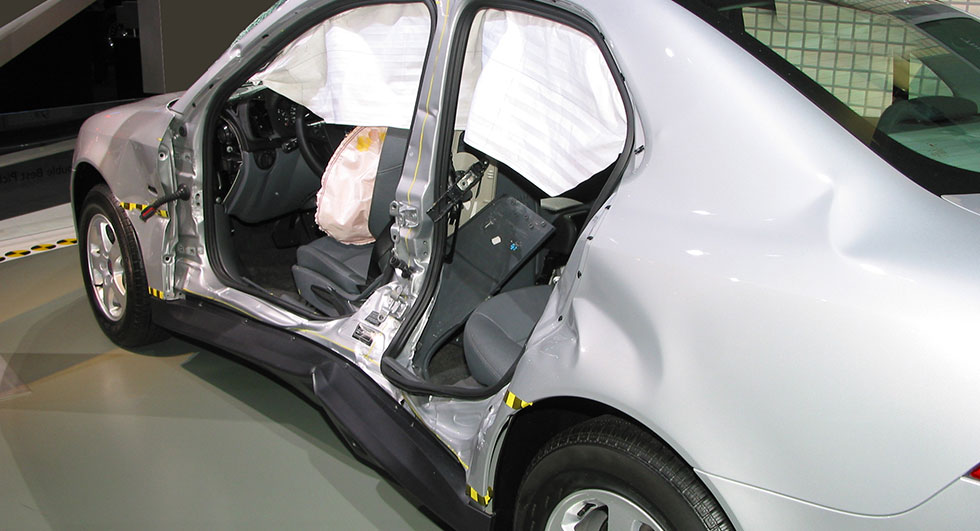Avoid These 4 Types of Used Cars
What to look for—and run from—when shopping for a used car

In the hunt for a reliable used car? Knowing how to avoid the pitfalls can make all the difference between a smooth ride and a costly mistake. Avoid these types of used cars to ensure that your next purchase is a smart investment in both safety and value.

1. Unreliable models with high repair costs
Certain models are notorious for frequent mechanical issues or defects that lead to costly repairs. Avoid cars with a history of the following.
- Transmission Problems: Vehicles known for transmission failures can rack up repair bills quickly.
- Engine Failures: Cars prone to engine problems often require extensive repairs that can exceed the vehicle's value.
Avoid these specific makes and models.
- 2001–2003 Ford Explorer: Known for transmission failures.
- 2003–2007 Nissan Murano: Often experiences problems with the CVT transmission, leading to expensive repairs.
2. Poor safety ratings and crash test results
Safety should always be a priority when buying any car, especially a used car. Steer clear of vehicles with these issues.
- Low Crash Test Ratings: Cars with poor crash test performance compromise passenger safety in accidents.
- Limited Safety Features: Older models lack essential safety features such as electronic stability control (ESC) or advanced airbag systems.
Avoid these specific makes and models.
- 2005–2007 Chevrolet Cobalt: Received poor crash test ratings and can stall without warning.
- 2008–2010 Dodge Grand Caravan: Known for subpar crash test results and several open NHTSA safety recalls.
3. High milage and age-related concerns
While mileage isn't the sole indicator of a car's condition, high-mileage vehicles and older models can pose reliability issues.
Excessive Wear and Tear: High-mileage cars often experience more wear on critical components such as brakes, suspension, and drivetrain.
Outdated Technology: Older vehicles may lack modern conveniences and fuel efficiency found in newer models.
4. Flood-damaged or salvage title vehicles
Don’t consider cars with flood damage or salvage titles due to potential hidden issues.
- Electrical Problems: Flood-damaged vehicles can suffer from extensive electrical system damage that may not be immediately apparent.
- Structural Integrity Concerns: Salvage title cars may have compromised structural integrity, affecting safety and long-term reliability.
How to make a smart purchase
The easiest way to avoid problematic used cars is to know their possible problems. So, start with thorough research and a careful inspection process.
- Research Reliability Ratings: Use sources like Consumer Reports and JD Power to check reliability ratings and owner reviews for specific models.
- Schedule a Professional Inspection: Prior to purchase, have a trusted mechanic inspect the vehicle for hidden issues, ensuring transparency and peace of mind.
- Check Vehicle History Reports: Obtain a comprehensive vehicle history report to uncover past accidents, flood damage, or odometer discrepancies.
By steering clear of unreliable models and prioritizing safety and condition, you can make a confident choice when buying a used car.


